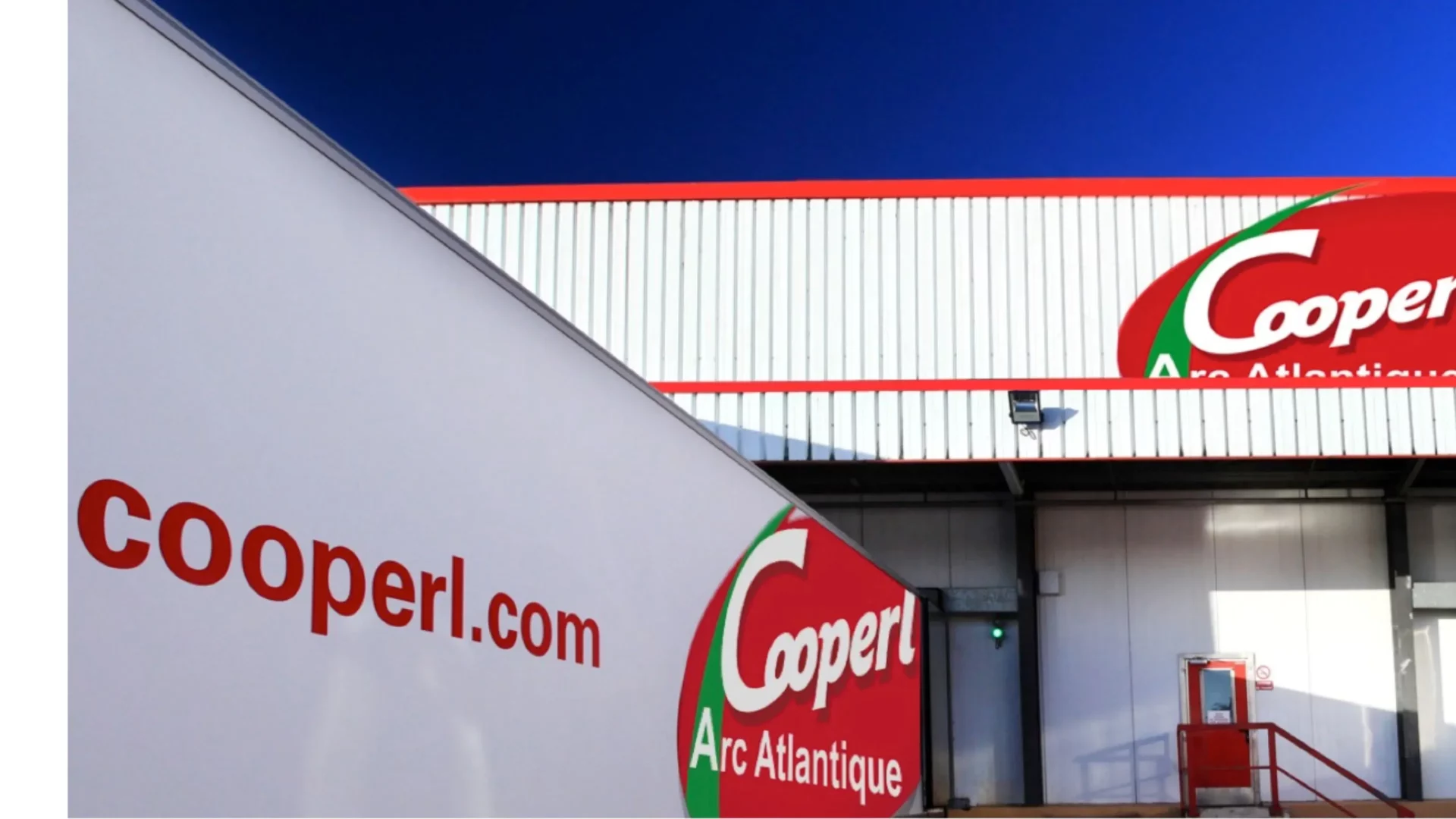Cooperl Faces Operational Threats Amidst Price-Fixing Allegations
Cooperl, a prominent French agricultural cooperative known for its extensive involvement in pork processing, is currently grappling with serious operational challenges. These stem from a substantial €35 million fine imposed for its alleged participation in a price-fixing cartel, which could potentially lead to factory closures and significant job losses.
The Allegations of Price Fixing
In July, Cooperl was found to have engaged in price-fixing activities along with eleven other companies, affecting cold meat products between 2010 and 2013. The French Competition Authority (l’Autorité de la Concurrence) detailed that these companies allegedly coordinated purchasing strategies to acquire cheaper cuts of ham and conspired to increase pork product prices sold to supermarkets.
The Authority’s investigations revealed that these arrangements were orchestrated through numerous phone calls prior to negotiations with abattoirs and included at least six clandestine meetings in Paris and Lyon. The products involved were everyday items like cured and cooked ham, sausages, rosette, and chorizo, indicating a broad impact on consumer goods.
The Financial and Operational Impact on Cooperl
As the largest pork processor in France, Cooperl’s role in this cartel has drawn significant penalties. The cooperative, which reported a turnover of €2.4 billion in 2019 and employs about 7,200 people, faced the stiffest penalty among the companies involved. This fine poses a substantial threat not just to Cooperl’s financial stability but also to its operational viability.
In response to the fine, Cooperl has initiated an appeal and requested a suspension of the sanction’s execution. The cooperative warns that the financial burden imposed by the fine could force it to shut down factories and lay off employees, exacerbating the economic impact.
Government Involvement and Support
The French Ministry of Economy has stepped in, indicating a willingness to work with Cooperl to ensure that the fine’s repayment does not lead to drastic consequences like job losses or closures. The ministry has expressed its intention to manage the fine’s collection in a manner that considers Cooperl’s financial capabilities, aiming to safeguard the cooperative’s activities and employee jobs.
Cooperl’s Defense and Future Prospects
Despite the serious allegations and the financial repercussions, Cooperl maintains its innocence. The cooperative argues that it did not collude with its competitors and points out that, unlike other companies such as Swiss supermarket Coop and Campofrio who received reduced fines for their cooperation with authorities, Cooperl and its subsidiary, the Brocéliande breeders brand, did not engage in such activities. In fact, Cooperl claims that during 2013-2014, it was gaining market share at the expense of its competitors, suggesting a competitive rather than collusive market behavior.
Furthermore, Cooperl is challenging the validity of certain pieces of evidence, including a notebook from a director of its competitor Campofrio, which was used against it in the authority’s proceedings.
Conclusion
The situation facing Cooperl highlights the delicate balance between regulatory oversight and the economic health of significant industry players. As Cooperl navigates through its legal challenges, the outcome of this case will not only affect its future but also have broader implications for the market dynamics within the French and possibly European pork industry. The cooperative’s struggle underscores the complex interplay between business operations and compliance with competitive regulations.
Related: Top 10 French Pork Producers
Source: The News
